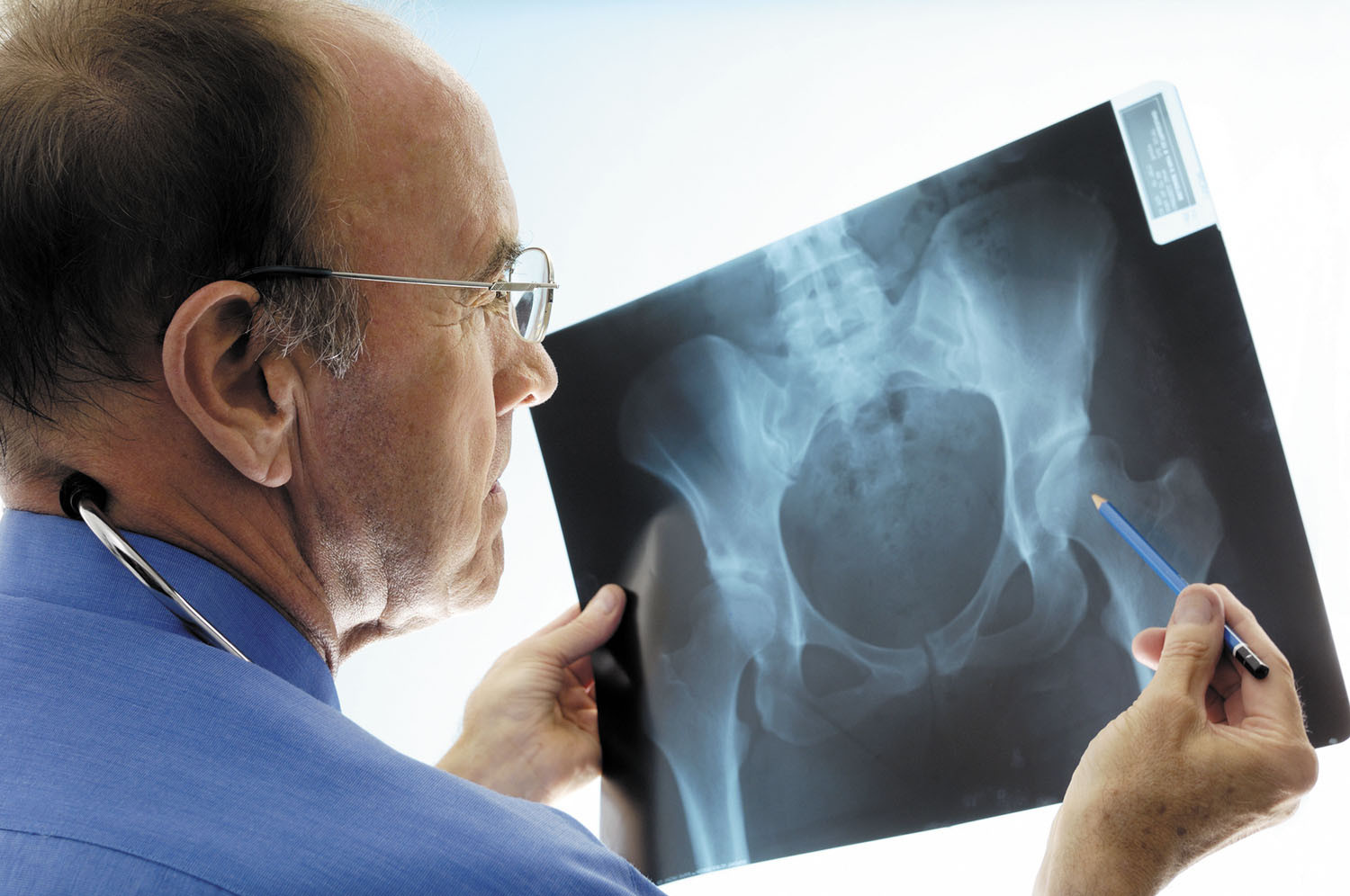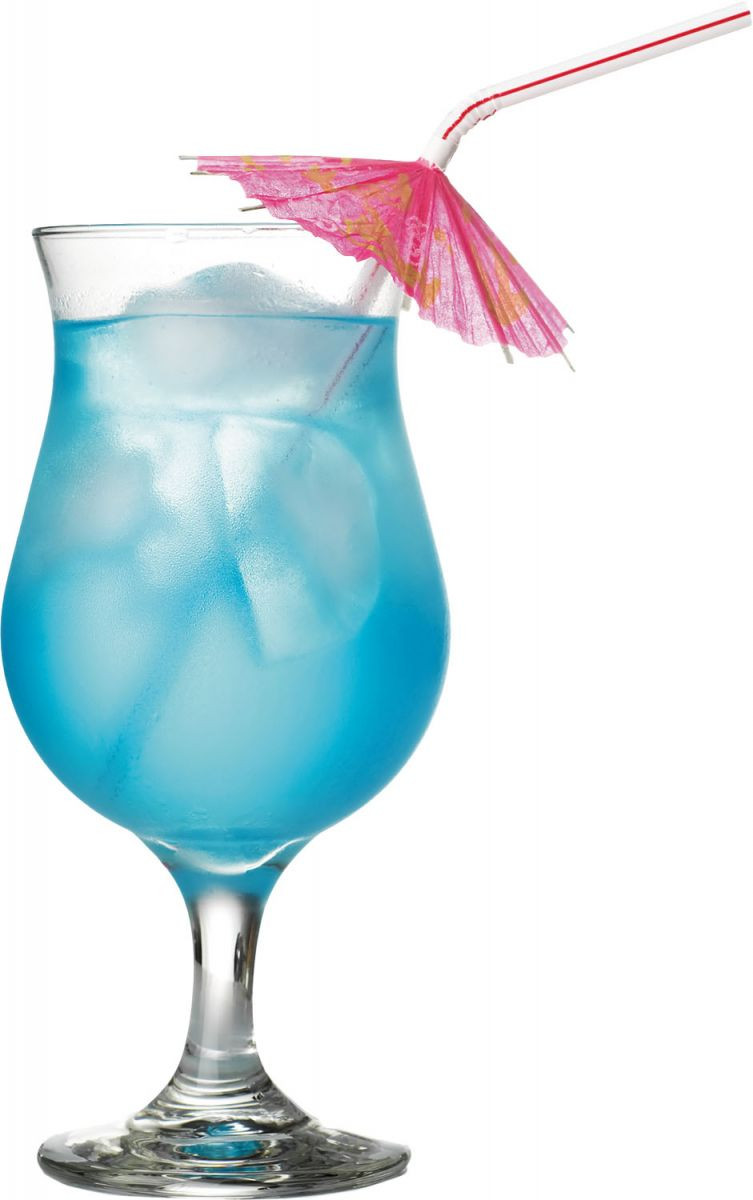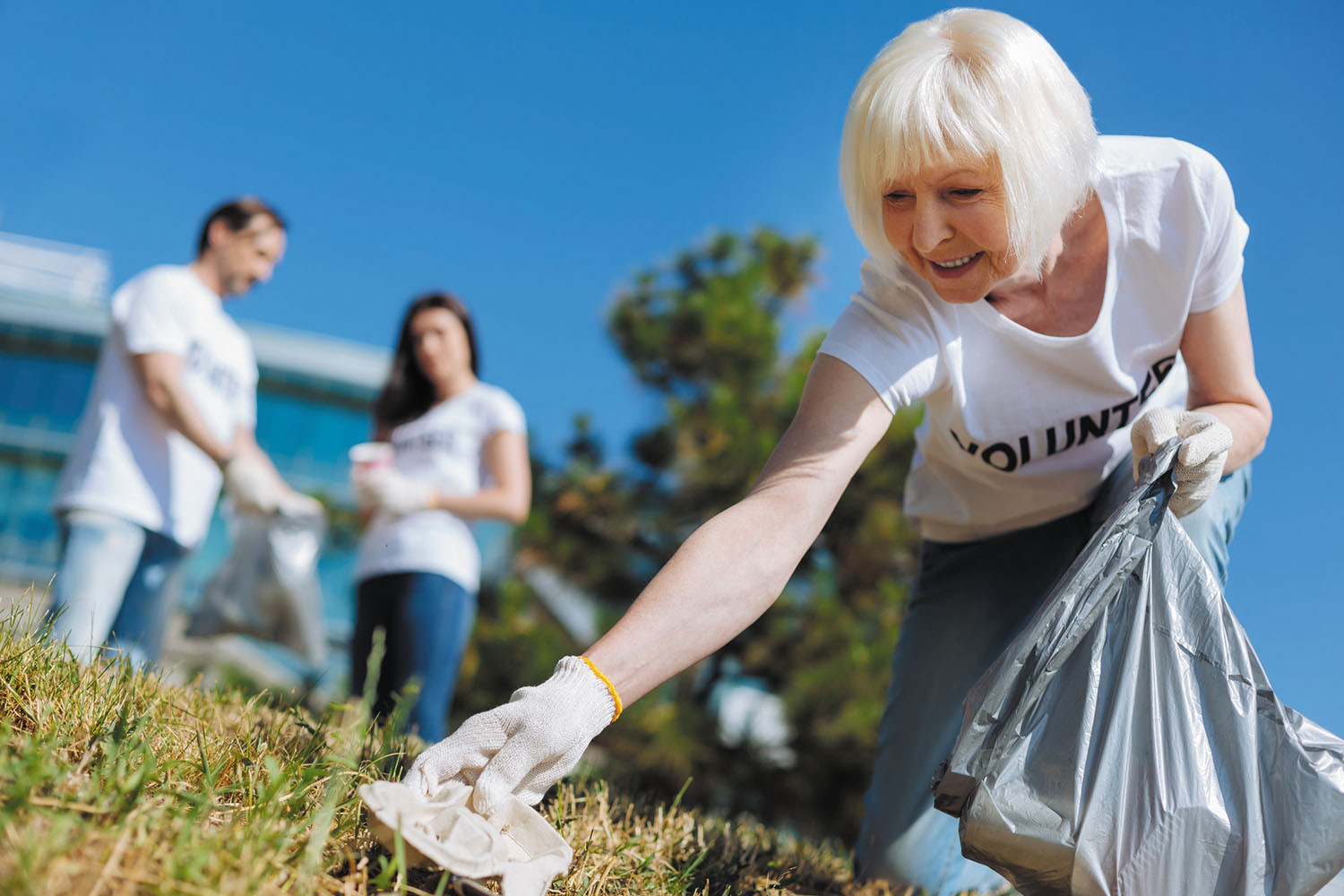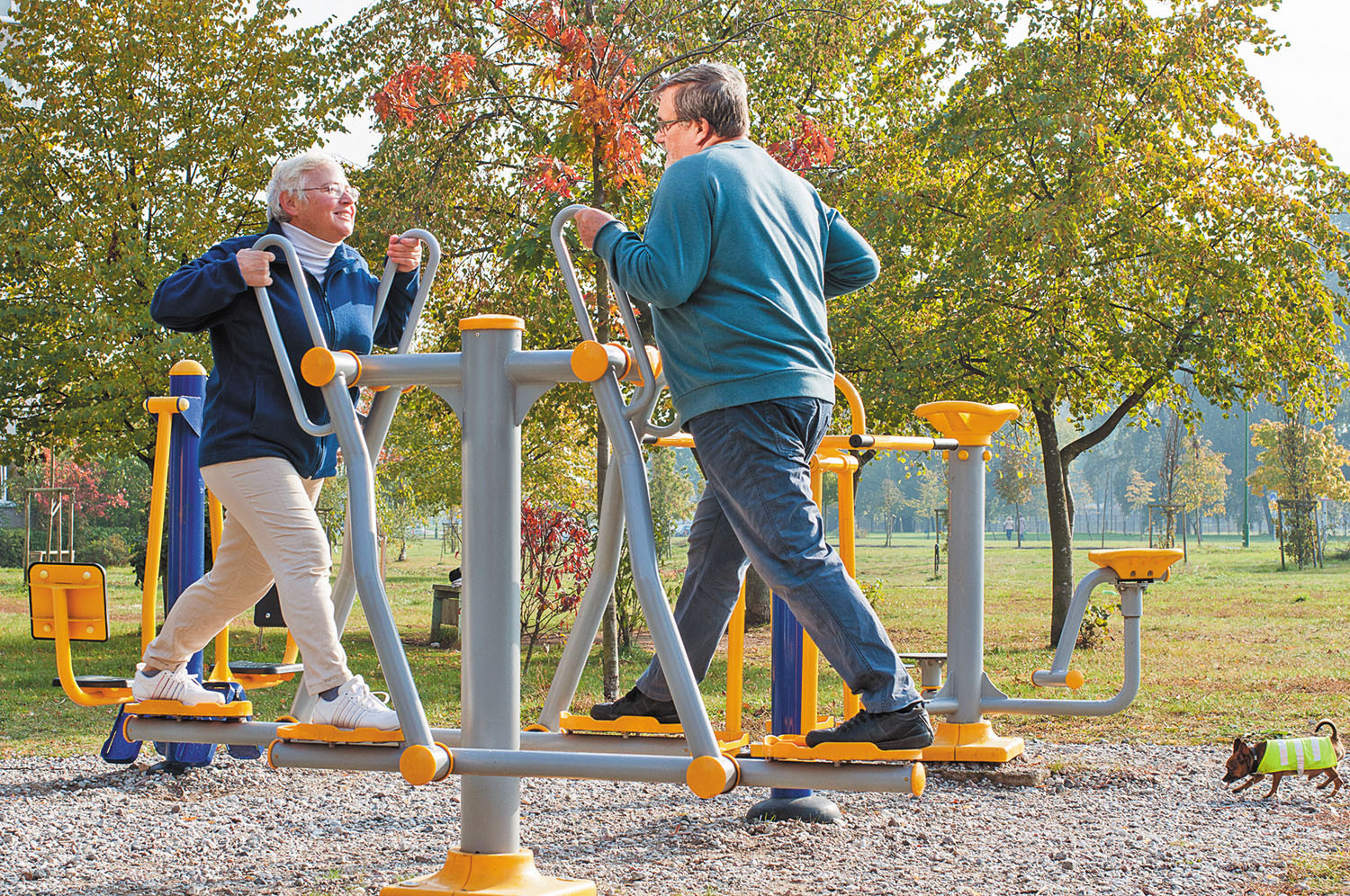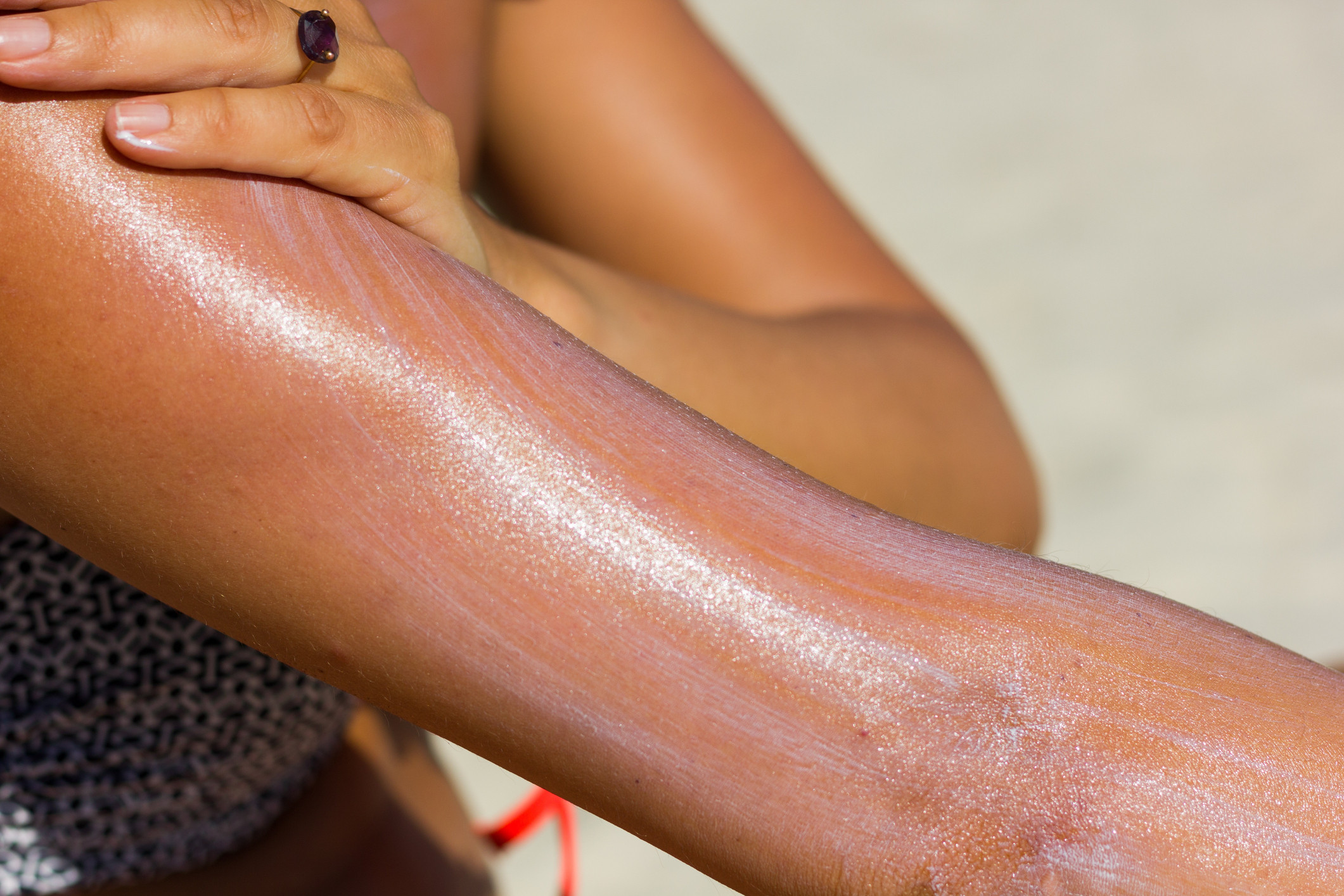
Salmonella is sneaky: Watch out

Two jobs may lower the odds of dying from Alzheimer's disease �� but why?

Mastitis: What to do when your breasts are painfully inflamed

How �� and why �� to fit more fiber and fermented food into your meals

UTI in older women: Why postmenopausal women are susceptible to urinary tract infection, and what to do about it

Can a routine vaccine prevent dementia?

Some adults may need a measles booster shot. Who should get one and why?

Less butter, more plant oils, longer life?

Healthier planet, healthier people

Counting steps is good �� is combining steps and heart rate better?
Staying Healthy Archive
Articles
How to sneak in more daily exercise
Moving throughout the day offers big benefits for your long-term health.
��Image: © Paul Bradbury/Getty Images
There's an old saying: "If you want to stay moving, you have to get moving." But for a lot of us, that's easier said than done.
The Department of Health and Human Services (HHS) says we've become a nation of sitters, and our increasingly sedentary lifestyle has become America's primary health crisis, especially for older adults.
Should I get a bone density test?
On call
��Image: © Fertnig/Getty Images
Q. I'm 65 years old and have never had any bone health issues. Should I get a bone density test?
A. Bone density testing is a specialized x-ray technique used to diagnose osteoporosis (thin bones), a condition that increases the lifetime risk of fracture by six times in men.
Extra protein does not build more muscle
In the journals
Can higher protein intake build more muscle in older men? Not according to a study in the April 2018 JAMA Internal Medicine.
The researchers randomized 92 men, average age 73, into four groups. One group followed a daily diet containing 0.8 grams (g) of protein per kilogram (kg) of body weight, the daily Recommended Dietary Allowance (RDA) for all adults, and a weekly placebo injection; another consumed 1.3 g/kg and the placebo injection; a third consumed the 0.8-g/kg diet, but also received a weekly 100-mg injection of testosterone, and the fourth group ate a 1.3-g/kg diet and got a weekly testosterone injection. (The testosterone was included to see if higher protein increased the hormone's muscle-growing effect.)
More dairy associated with higher bone density in men over 50
In the journals
A higher intake of dairy foods, such as milk, yogurt, and cheese, is associated with higher bone density, especially in the spine, in older men, according to a study published online March 30, 2018, by the Journal of Bone and Mineral Research.
Men in their 50s do not experience the rapid loss of bone mass that women do in the years following menopause. However, by their late 60s, they lose bone mass at the same rate as women. These changes can increase their risk of osteoporosis and fractures.
Drinking alcohol may increase levels of harmful mouth bacteria
Research we're watching
There's a lot of buzz these days about how gut bacteria affect your health, but those might not be the only body microbes that matter. The population of bacteria in your mouth may also play a role in your risk of various diseases. And researchers recently found that alcohol consumption could influence your oral bacteria.
A study published online April 23 by Microbiome found that people who had one or more alcoholic drinks a day had more harmful bacteria in their mouths than nondrinkers. The researchers found types of bacteria that have been linked to gum disease, cancer, and heart disease.
6 ways to improve and protect your vision
Eating an antioxidant-rich diet, wearing protective glasses, and controlling underlying conditions will help protect your vision.
��Image: © Sidekick/Getty Images
We all know how important vision is for remaining independent and enjoying the simple pleasures in life, like a colorful sunset or a grandchild's precious smile. But appreciation isn't enough to keep your vision intact. Aging increases the risk for vision loss and eye problems, including cataracts, diabetic eye disease, glaucoma, age-related macular degeneration, and dry eyes.
Adopting the following healthy habits will increase the odds that you'll protect your vision and independence as well as your view of the things that make life beautiful.
The new networking
Growing your real-life social network is important for health. Consider these ideas to get started.
��Image: © yacobchuk/Getty Images
When we're young, networking can be an important strategy to get ahead in business. Making new acquaintances and building relationships can lead to career opportunities. But later in life, networking takes on new significance: you may need it to stay connected socially. "Your social network shrinks. Your children leave home, you're no longer at work, or you've moved away. And that can lead to isolation and loneliness unless you maintain or rebuild your network," says Dr. Joel Salinas, a neurologist who specializes in behavioral neurology and neuropsychiatry at Harvard-affiliated Massachusetts General Hospital.
Isolation and loneliness
Many studies have linked isolation (being cut off from social contact) with a greater chance of having a heart attack or a stroke. A study published online March 27, 2018, by Heart suggested that isolation was independently associated with a 25% to 32% increased risk of death among people followed for seven years who had already had a heart attack or stroke.
The benefits and risks of multigenerational fitness parks
Playful exercise is not just about fun and games.
��Image: © katkov/Getty Images
One new exercise trend can make you feel like a kid again. Multigenerational fitness parks are cropping up across the United States. These parks typically include a large child-focused structure with places to climb, slide, swing, hang, and jump. There may also be walking paths and places for interaction between older and younger people, such as seating and picnic tables painted with tabletop games (like checkers). Sounds like a regular park, right?
What's different is that the playground equipment is often adult-friendly: swings are sturdy and roomy; slides are wide, with gentle slopes; and seesaws have ergonomically designed seats that are easy to sit on. The equipment makes it possible for adults to play alongside their kids or grandkids or other children.
Exercise still the best approach to prevent falls
News briefs
��Image: © Steve Debenport/Getty Images
Regular exercise in older adults offers powerful protection against falls. That's the conclusion of the U.S. Preventive Services Task Force (USPSTF), published online April 17, 2018, by the Journal of the American Medical Association. Task force members reviewed the latest evidence (about 20 studies) and said there was enough to confirm that exercising, muscle strengthening, and improving balance could help prevent falls in high-risk older adults. Most people in the studies exercised three times a week. The benefit remained the same whether people performed individual routines, participated in exercise classes, or underwent physical therapy. The USPSTF also recommended that doctors offer additional measures to prevent falls, depending on a person's risks (like getting an eye exam if you have poor vision). And the task force found that taking vitamin D did not prevent falls in older adults, so it is recommending against taking a supplement just for that purpose. (Vitamin D is important if you have osteoporosis or vitamin D deficiency.) The takeaway: Falls are the leading cause of injury and injury-related death in older adults. If you're not active, try walking a little each day (if your doctor says it's okay), and build toward walking at least 20 minutes per day.

Salmonella is sneaky: Watch out

Two jobs may lower the odds of dying from Alzheimer's disease �� but why?

Mastitis: What to do when your breasts are painfully inflamed

How �� and why �� to fit more fiber and fermented food into your meals

UTI in older women: Why postmenopausal women are susceptible to urinary tract infection, and what to do about it

Can a routine vaccine prevent dementia?

Some adults may need a measles booster shot. Who should get one and why?

Less butter, more plant oils, longer life?

Healthier planet, healthier people

Counting steps is good �� is combining steps and heart rate better?
Free Healthbeat Signup
Get the latest in health news delivered to your inbox!
Sign Up

